Welcome to the Publishing realm. A discussion, debate and discourse blog that exposes the behind the scences between a writer and editor.
Don't wanna be here? Send us removal request.
Text
Will a read by an editor lead to being published?
Well, usually yes. You usually need a literary agent to even get your manuscript sent to an editor, and they also negotiate your deal with a publication house.
But sometimes, a literary agent can act as your editor, removing a piece of the puzzle, but then your work will get sent to another editor. So your piece will be edited multiple times by multiple different people and will most likely have multiple different sets of feedback.
It’s going to be overwhelming, the publishing world moves fast, and they will probably expect you to revise fast. But this will help you cause if an editor doesn’t like your book, they will try to help you succeed next time.
“Sometimes when an editor declines, they will give you some constructive feedback as well, which can be helpful if you don't get any offers in this first round of submissions.”
This quote above is a sign that if you got that far in maybe your first attempt, you will eventually get published. It may take time and may be stressful, but getting to the editing stage is a huge accomplishment.
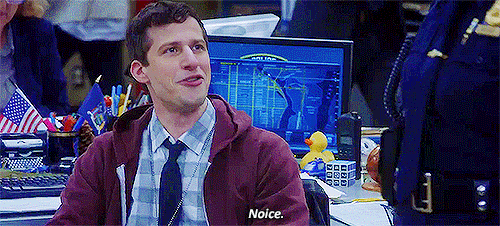
Matesic, Alyssa. “What Happens After You Get a Literary Agent? — Alyssa Matesic | Professional Book and Novel Editing.” Alyssa Matesic | Professional Book and Novel Editing, 18 Aug. 2024, www.alyssamatesic.com/free-writing-resources/what-happens-after-you-get-an-agent.
0 notes
Text
Getting in contact with an editor as a writer?
Writing is “easy” (not really but you get the point), but getting published is harder. To get published, writers need to find a publication to submit their book to and usually through them, an editor to make sure your book is at tip-top shape.
But how do you even find an editor? That the really hard part.
There are non-publishing house related editors, but they tend to cost a bit more. Then there’s house editors who will have you stuck with a certain publication. There’s many different types with a list that goes on and on.
“While no single directory of editors exists, there is information out there.”
My advice follows the quote I put above. Find someone that fits what you’re looking for and someone that works well with your style of writing. And who knows, maybe you’ll be the next big-time author!
Tsanni, Abdullahi. “Making First Contact With Editors.” The Open Notebook, 10 Dec. 2022, www.theopennotebook.com/2021/09/21/making-first-contact-with-editors-from-your-desk.
0 notes
Text
How should writers embrace the feedback that editors give them?
My main tip is that you should remember when you submit something up for editing, expect that literally everything will be changed.
Literally, as a writer, whenever someone else reads something I write, I’ve learned to expect something that I love to be changed. Like literally the first story I wrote for my fiction class this year? I thought I cooked, and it was hated and I had to change so much of it when I went back to look at it.
Now this isn’t to say that you should expect the entire book to be hated! But you have to be open to the feedback that the editors give you. It’s by no means meant to offend you. Let me quote an actual editor to give some non-author perspective.
“When I’m giving feedback, my goal is never to discourage you or make you feel bad about your writing, your book, or your abilities. A good editor is in your corner, working with you to help you make your book the best it can be.”
Your writing is good, but also nothing is ever perfect, you can use what editors give you to get as close to perfect as possible.
What to Do When You Get Feedback From an Editor | Alice Sudlow, Editor. alicesudlow.com/editor-feedback-process.
0 notes
Text
Is AI an enemy or friend?
"In a digital landscape saturated with grammatically impeccable articles, it is crucial to remember that our audience comprises humans, and we can relate to them better through the one thing artificial intelligence will hopefully never be able to have: emotions."
Now, when we look at modern day century, technology has ROCKETED in its capability to do the things that people. BUT NOT ALL. The recent uprises of the use of AI and using things like CHATGPT has been shown alot in the writing world no matter where it is catered towards.
You know when this first was brought to the world's attention, I think many had green lights. They thought well what could be the harm in this, we could exploring baout what computers can come up with and see how we can benefit from this . But, its exactly for that reason that we lose TRUST, AUTHENTICITY, CREATIVITY. I mean forreal lets think about how "creative" can AI get. It puts a bad taste in the mouth of the publishing world. It leaves it vunerable to losing the spark that it has.
Writers might feel uneasy if they believe their editor relies too heavily on AI, questioning whether they’re receiving personalized, thoughtful feedback. Editors may similarly worry that writers using AI are submitting less original work.
Both writers and editors might lean too heavily on AI for decisions that require human creativity and intuition. For example, AI might suggest changes that are technically correct but diminish the emotional impact or unique voice of the piece.
Delgado, Rodolfo. “Council Post: The Risk of Losing Unique Voices: What Is the Impact of AI on Writing?” Forbes, Forbes Magazine, 13 Aug. 2024, www.forbes.com/councils/forbesbusinesscouncil/2023/07/11/the-risk-of-losing-unique-voices-what-is-the-impact-of-ai-on-writing/.
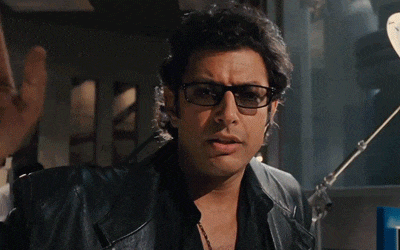
0 notes
Text
Beginning the Journey (Editor)
After finishing up a contract with a new and upcoming writer is exciting, invigurating some may say. The excitement that comes about when you can really see a piece that you feel can really move the hearts and effect thousands, puts me at the edge of my seat.
But one of the things that I hate about this process is that I actually have to start doing my job. EDITING. Some writers hate this and in this way because of the fact that I go through their work and I make critics. I cross out, highlight, unerline, comment and some times even ripe out papers (but that's when Im feeling really ballsy haha).
This part is the hardest. It's the part where alot of writers feel that us, editors, don't appreciate their work but its not that. It may feel like e are pulling your personality out of the piece. We are making it less you and more us. Now, I can see where an arguement like that may present its self. BUT.
As an editor, the role is to elevate your work while preserving your unique voice and vision. Bringing a fresh perspective to your manuscript, helping to refine the structure, clarify your ideas, and polish the prose so that your story or message resonates with readers. Think of me as your collaborator, someone dedicated to making your writing the best it can be. Im not an enemy, Im a FRIEND.
Editors help identify areas where the narrative could flow more smoothly, where characters might need more depth, or where arguments could be more compelling. Beyond that, they ensure the technical details ,grammar, punctuation, and formatting—are flawless, so nothing distracts from the brilliance of your work. The goal isn’t just to fix; it’s to amplify what’s already great about your writing.
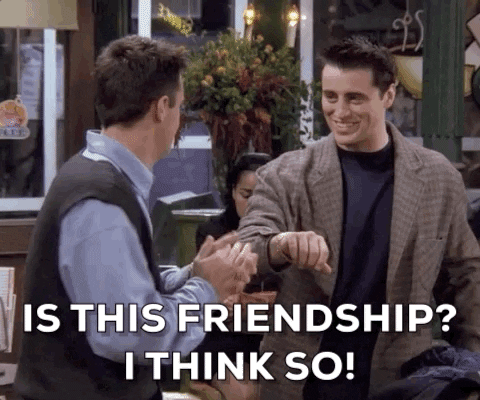
0 notes
Text
Beginning the Journey (Writer)
"They say something like, “I made it sound better.” “It reads smoother.” Why? “It just does.”
Usually it doesn’t sound better or read smoother — not objectively. “Sounds better” is a subjective judgement."
Say you just finished constructing your piece, you have FINALLY found your editor and signed your contract and now you guys are the developmental editing part. This is where shit starts to get a little messy. As the writer, what you have been crafting, putting your blood, SWEAT and TEARS (sometimes) feels like it may not be appreciated.
Everyone in this world is created to have a different outlook on life, some are more similar than others. But having DIFFERENT ideas is what makes this world go round.
In saying that, it can be hard as the writer why is that even though we ourselves feel like it is perfect, we are falling short of others.
BUT HEY WHAT DO WE KNOW!!
Burke, Post author By Sue, et al. “Why Writers Hate (Some) Editors.” Semiosis, 23 Aug. 2018, semiosispax.com/2018/08/23/why-writers-hate-some-editors/.
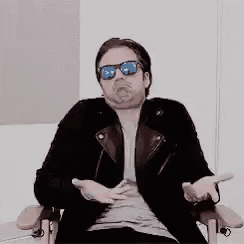
0 notes
Text
Look at these guys
“An editor’s request for changes can mean more work and more research without any extra compensation for you. Experienced writers, however, know that edits can also offer invaluable lessons, opportunities to prove your abilities, and a chance to make your work look its best” (Cindrich).
“Edits are a big part of the writing process, and using them as a means to learn, grow, and improve is imperative to a successful writing career” (Cindrich).
Cindrich, Sharon Miller. “Web.Ebscohost.Com/Ehost/Detail?Hid=12&sid=caeb2c9a...” Understanding the Writer/Editor Relationship, web.ebscohost.com/ehost/detail?hid=12&sid=caeb2c9a-e352-4788-a75c-08b1033098fa%40sessionmgr10&vid=1&bdata=JnNpdGU9ZWhvc3QtbGl2ZQ%3D%3D. Accessed 04 Dec. 2024.
2. “The collaboration between editor and writer is among the most important parts of the writing process” (Leddy)
“Writers may feel misunderstood, or they may believe an editor is trying to meddle with their artistic vision. Editors may feel that writers are too temperamental or overly sensitive about requests for revision that will improve the manuscript” (Leddy).
Leddy, Chuck. "The complicated writer-editor relationship." The Writer, vol. 120, no. 12, Dec. 2007, p. 8. Gale In Context: Biography, link.gale.com/apps/doc/A169870322/BIC?u=a04fu&sid=summon&xid=efcb61e4. Accessed 3 Dec. 2024.
3.
“In an author’s life, the person next in importance to his or her romantic partner is his or her editor” (Sarna).
Sarna, Navtej. "Friend and guide: A writer's relationship with his editor." TLS. Times Literary Supplement, no. 6340, 4 Oct. 2024, p. 23. Gale Literature Resource Center, link.gale.com/apps/doc/A812247955/LitRC?u=a04fu&sid=summon&xid=1829f79e. Accessed 3 Dec. 2024.
4.
“Editing is working within the scope of a particular writer’s demonstrated abilities to develop the work for the eventual readership” (Loveday).
“The editing process is arguably the strongest tool a writer has, and writers will routinely cut and rework more than 50% of their first, second and third drafts” (Loveday).
Loveday, Tim. "Effective feedback: As engaged writers, readers and editors, what are we looking for?" Literacy Learning: The Middle Years, vol. 28, no. 3, Oct. 2020, pp. 40+. Gale Academic OneFile, link.gale.com/apps/doc/A637715100/AONE?u=a04fu&sid=bookmark-AONE&xid=581d85ba. Accessed 3 Dec. 2024.
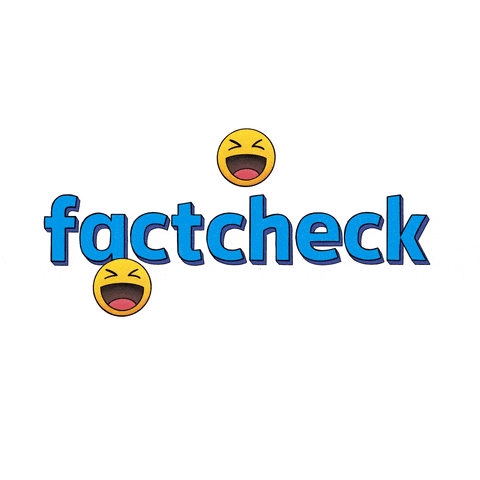
#publsihing#writer stuff#writerscommunity#writers on tumblr#editors#editors on tumblr#calling all editors
0 notes
Text
Dream Team
The collaboration between the two seriously strengthens the final novel or the final product, and without editors, a lot of books would not be as successful because they would resonate with the readers in the way they do post editing. APPRECIATE
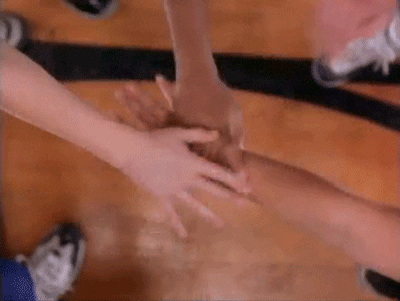
0 notes
Text
Now what does a editor do, perhaps?
An editor is the person who takes the manuscript and makes changes in order to make it more accessible to readers. They are able to connect the writer's ideas and the experience they know the reader is going to have with the work. Their overall goal is to make the manuscript easier to read and to make sure it resonates with the audience they are writing to.
Editors do not do this alone though, they team up with the writer in order to keep the writer’s voice intact. This is why writing and editing is a collaborative process and not two individuals working separately.
Writers should seriously consider openly accepting constructive criticism from editors and try to have open communication with them as they know how to make sure the manuscript is readable and will make sure it has a higher success rate after being published.
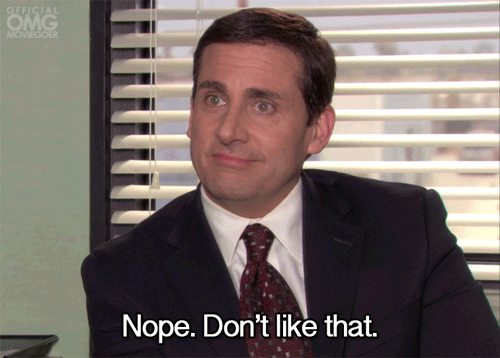
0 notes
Text
What a writer does, you may ask?
A writer is the person who crafts the stories, develops the characters, and builds the worlds all from their imagination. There are many different types of writers such as journalists and screenwriters, but in the blog we are going to focus particularly on novelists and their relationship with editors.
Writers begin with an idea, a spark, but turning that into a full manuscript is a difficult journey. They have to map and outline the structure of the entire story, and while some writers craft a detailed outline of their novel, others just immerse themselves into the world and dive right into writing.
Writers may experience issues like writer's block, doubting themselves along the way, managing their time, and feeling overwhelmed by the revision process.
Tips for these problems:
Embrace the feedback people give you! No story is perfect, especially not in the first draft. People such as friends and family may be able to offer helpful feedback, and after your manuscript is accepted to a publisher, an editor will continue to offer feedback.
Make sure you set time aside to write. Become disciplined! It's not all about creativity, but also the dedication to the process. Even fifteen minutes a day will make a big difference.
Remember why you started writing to begin with. Remembering the reason you started writing to begin with just might be what keeps you going when your motivation is dwindling.
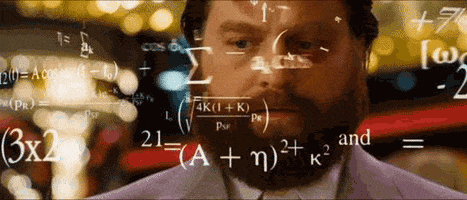
0 notes
Text
Why the hell did we make this blog? (lol)
Understanding the different roles of writers and editors is highly essential because they are two of the most important roles in the publishing industry. Writers bring a story to life and craft worlds and characters hoping to connect with readers, while editors make sure that these worlds and characters are able to reach their full potential. They polish the writing and make sure it is accessible to a wide audience and help transform the draft into the books that they know readers will love and connect with.
The purpose of this blog is to show people interested in the literary and publishing world the collaborative process but also the bumps in the road that takes place between writers and editors. We want to show how important each of their contributions are to the outcome of a manuscript and a book's success.
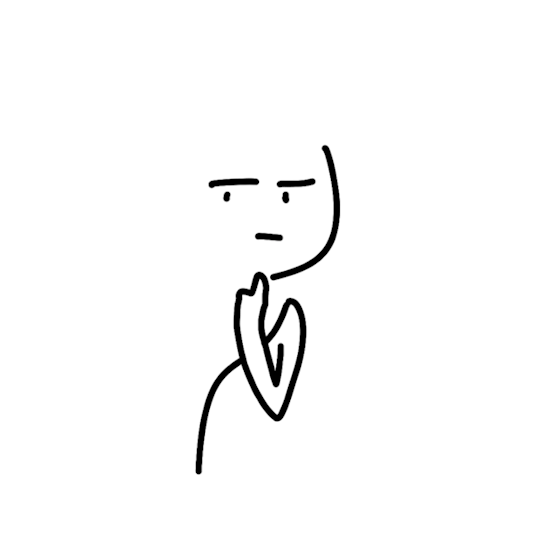
0 notes
Text
Introduction
Hello party people, welcome to our little sliver of the internet, where three girls dive into the depths of the world between an editor and writer starting from the first time they communicate to publishing a masterpiece.
Our names are Bianca, Caroline and Elizabeth (but call her Liz). We are writers, who find ourselves at the fore front of observing vast relationships between writers and editors. We want to show the world they it ain't a "piece of cake", when it comes to publishing a book.
Many people these days don't realize that in order for books such as The Hunger Games and It Ends With Us to be as successful as they are, a sharp editorial eye is needed to help the writer bring the story to life. Without an editor's help, these novels may never have reached the readers in the ways that they did.
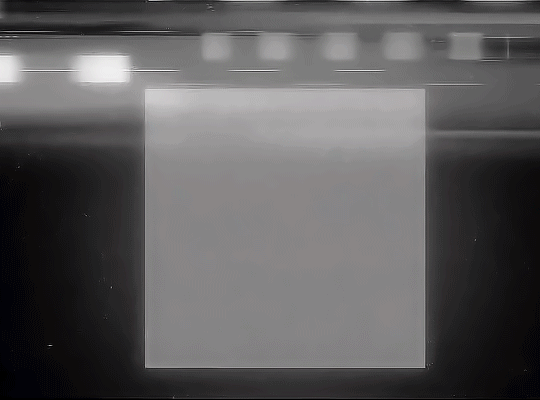
0 notes